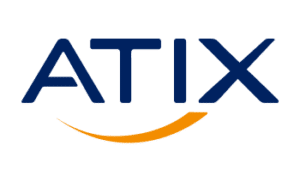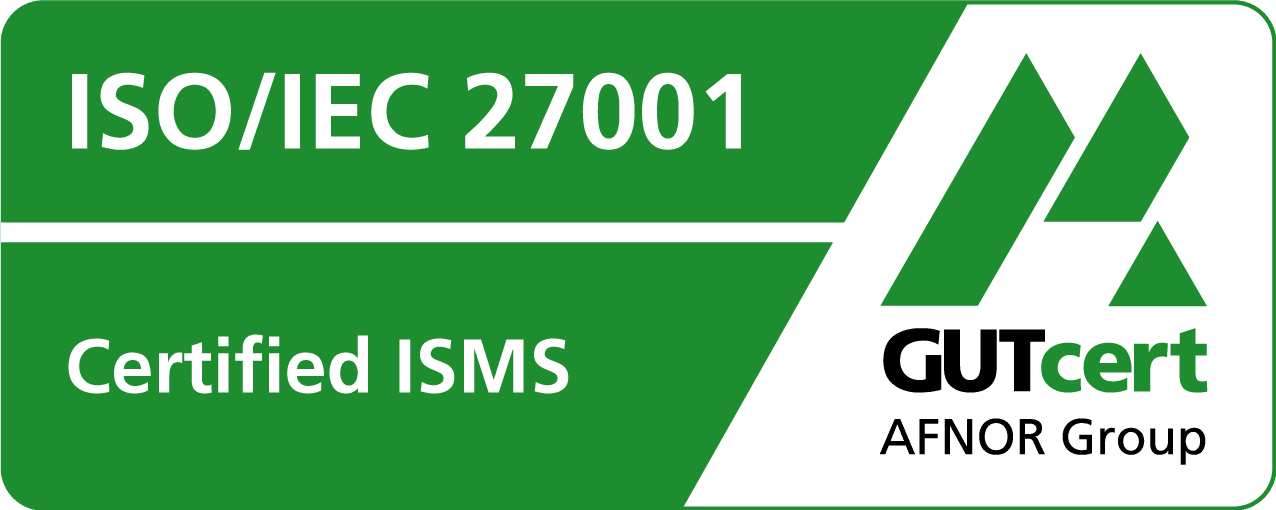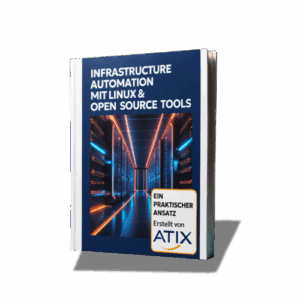Tag Archive for: Kubernetes

Kubernetes Observability: Tools and Best Practices for better transparency
Optimize your Kubernetes environment with effective cloud-native applications and containerized environments bring Kubernetes Observability into focus, especially in Kubernetes clusters. It provides insights into system behavior and performance, helps with problem analysis and ensures the reliable operation of complex, scalable applications.
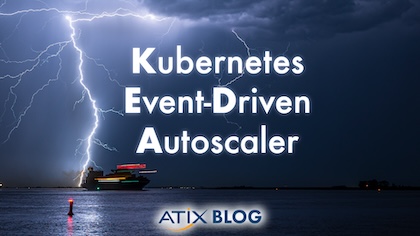
Scaling Applications to Zero with Kubernetes and KEDA
For cost reasons, it is often neither feasible nor desirable to assign enough resources to a deployment for it to be able to handle peak loads at all times. Therefore, we typically scale applications up and down based on the load they are currently facing. This usually involves a minimum number of instances deployed at any time, even if there is no load. This minimum can force us to keep more worker nodes in our Kubernetes cluster than necessary as the instances have an assigned resource budget. In this blog post, we will take a look at how to reduce the minimum amount of deployed instances to zero and discuss which kinds of applications benefit from that the most.
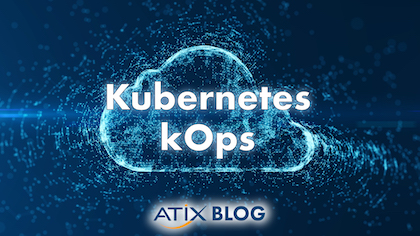
Kubernetes kOps
The cloud and Kubernetes belong together, right? More or less, this is the case. Although containerized applications quickly find a home environment with cloud providers, for some myterious reasons, it’s not that easy to set up a Kubernetes environment in the cloud. Unless you use kOps, the tool written exactly for this purpose. This is how it works.

New Adventures in ArgoCD: Automating Automation
ArgoCD is a great CICD tool for facilitating Git-based Kubernetes deployments. Helm is a widely used solution, with good reason, to simplify complex Kubernetes deployments and customize them to your needs. It's even supported by Argo per se. You can't ask for anything better than a combination of the two. Or can you?
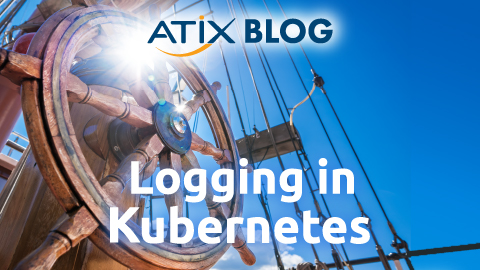
Logging in Kubernetes with Fluent Bit and OpenSearch
Logging primarily serves us to log processes within a program. We expect this to lead, for example, to better auditing, a faster error analysis, and, as a result, more robust programming. Today, we want to show you how to persist and visualize logs in a meaningful way with the right tooling.
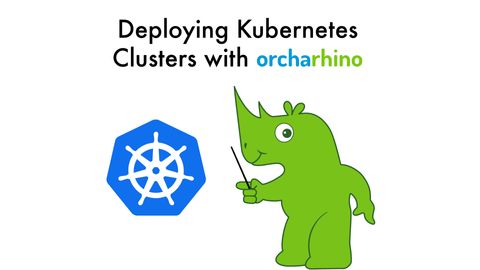
Deploying a Kubernetes Cluster with orcharhino
This blog post is about an orcharhino feature called application-centric deployment (ACD), and describes the process of deploying a Kubernetes cluster with orcharhino. It allows administrators to create hosts based on application templates, and makes it easier to run multiple instances/versions of a complex application.
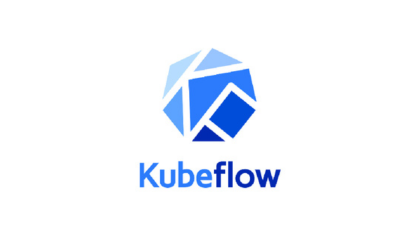
Kubeflow at Home: AI and Kubernetes outside of Google & Co.
There are always new hot trends in the IT world: yesterday it was all about AI, ML and Data Science - today everything is running in containers. It's no wonder the two worlds are coming together: it is now possible to get Tensorflow-based AI environments running in a Kubernetes cluster. Possible, but not necessarily easy, as we learned.
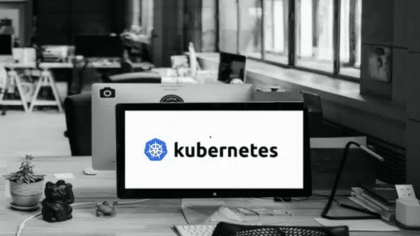
GitOps – Kubernetes The Easy Way
The management of Kubernetes should be easy, simple and clear. Well-known DevOps practices and ultimately automation should be accessible by the management technique. The first GitOps principle, the declarative approach, is the essential Kubernetes management technique to leverage the desired feature set.
